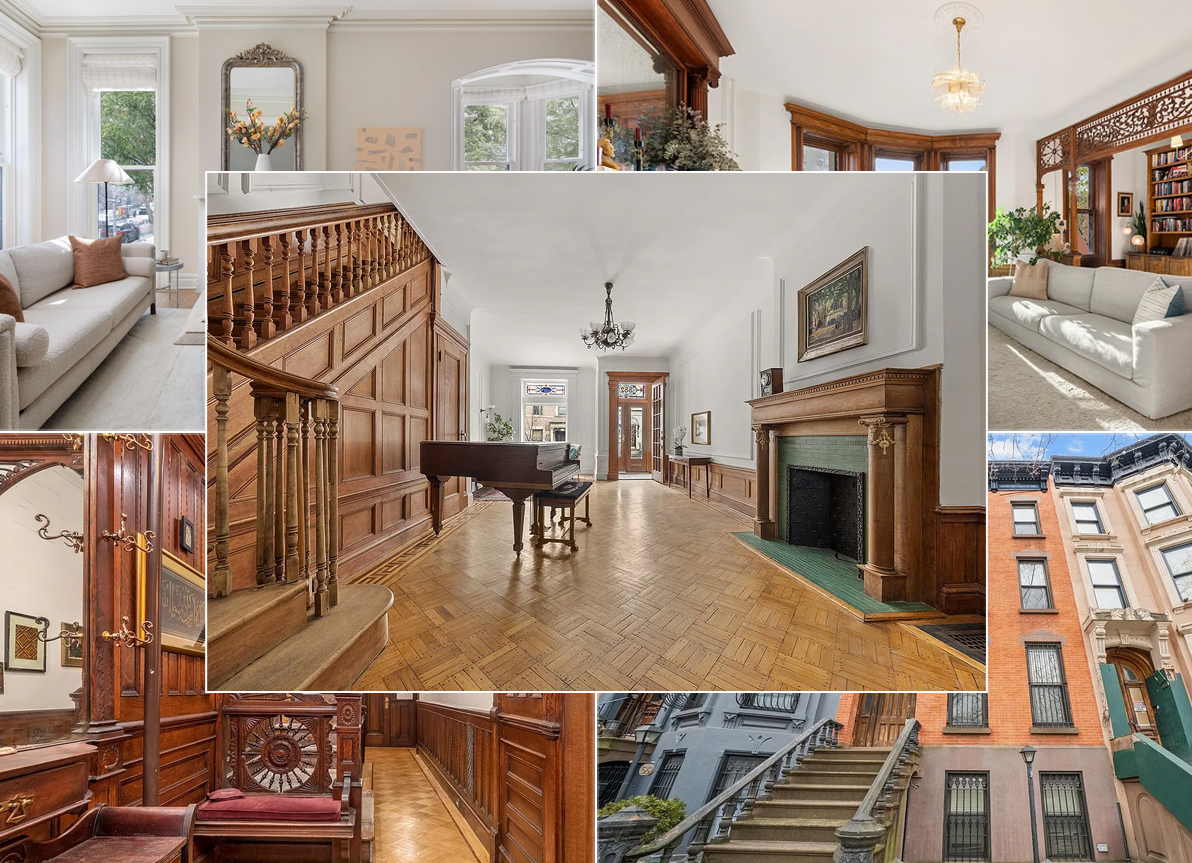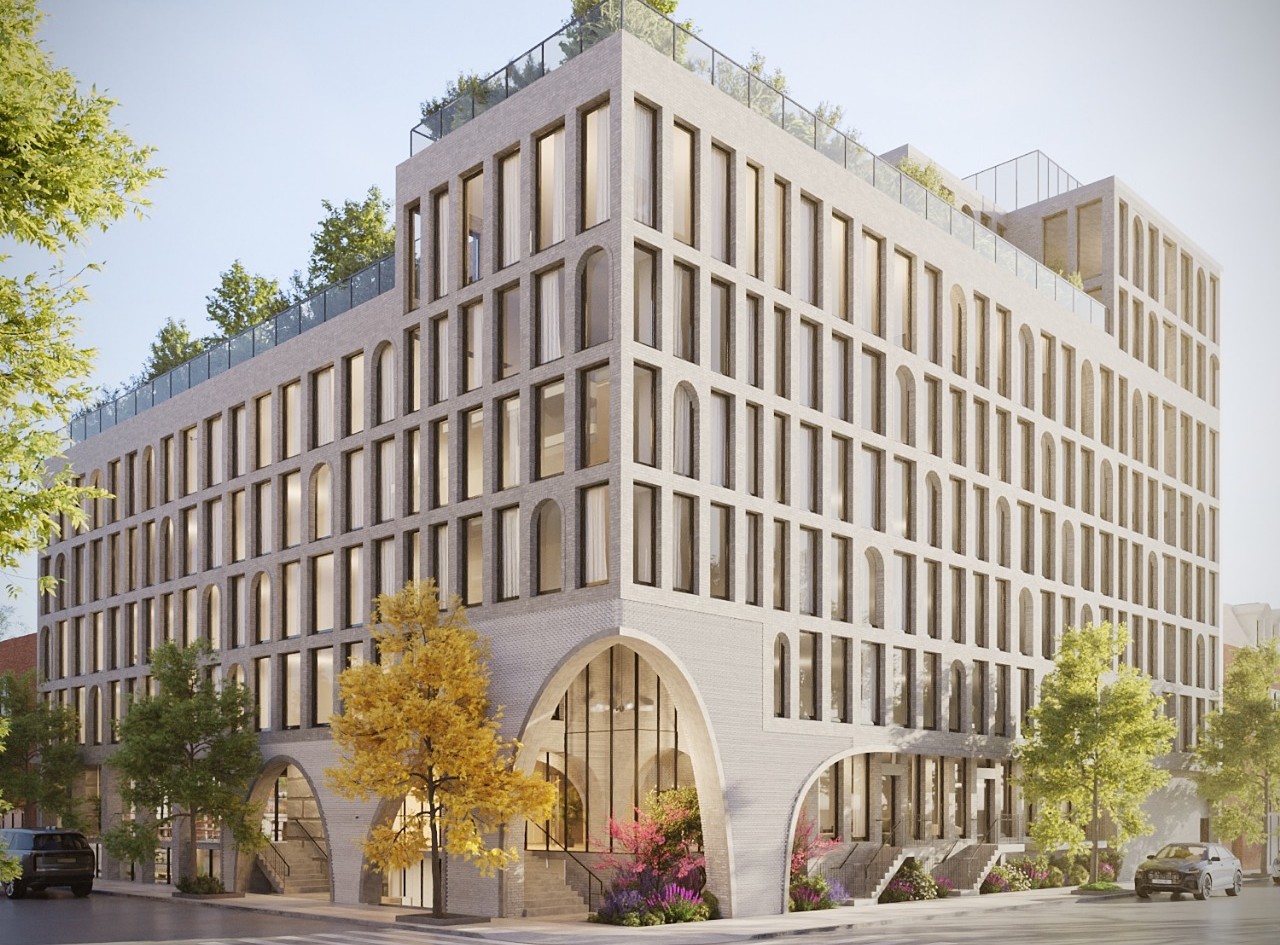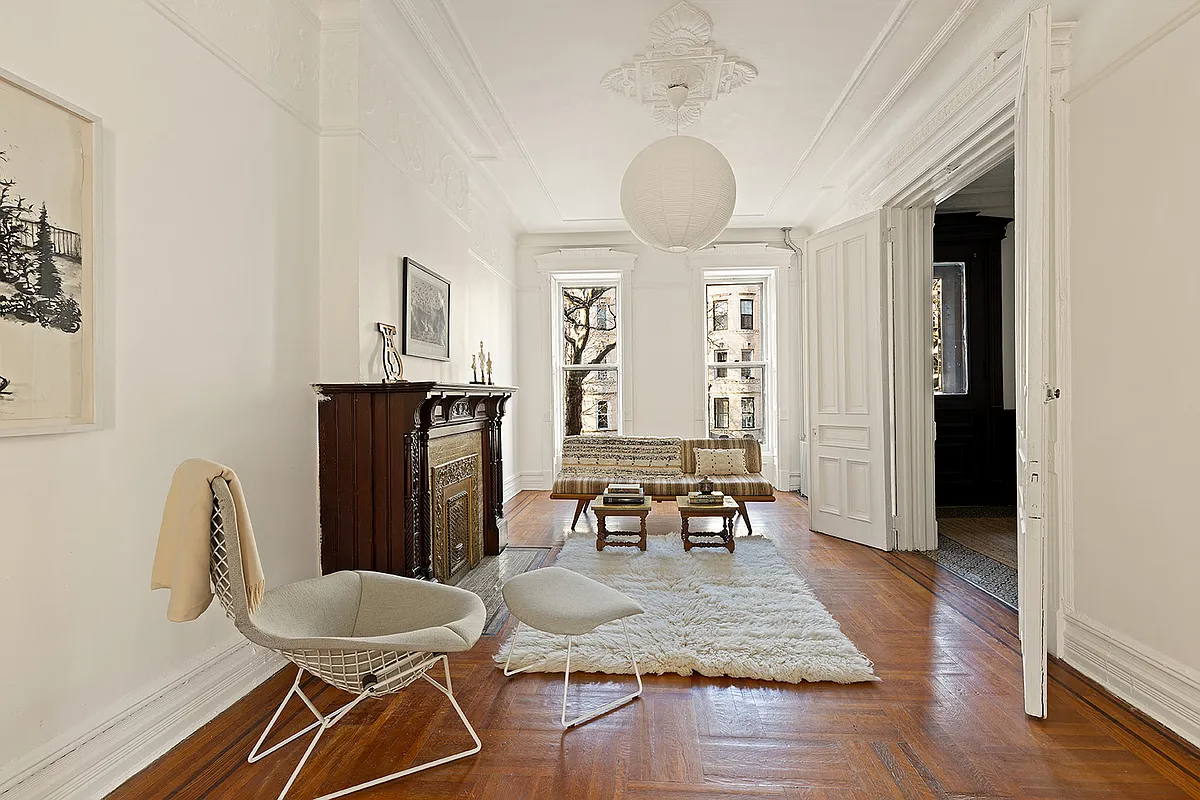Greedy Landlords Causing Storefronts to Sit Empty?
The Daily News has a story about how the one-two punch of unrealistically high asking rents and the recession has resulted in a number of empty storefronts in brownstone Brooklyn. Cases in point, where retail spaces are still empty after rent increases: the dry cleaner on Court and Baltic that had to vacate after the…


The Daily News has a story about how the one-two punch of unrealistically high asking rents and the recession has resulted in a number of empty storefronts in brownstone Brooklyn. Cases in point, where retail spaces are still empty after rent increases: the dry cleaner on Court and Baltic that had to vacate after the landlord hiked the rent from $2,500 to $6,500 a month; Royal Video, above, which left its old Flatbush Avenue spot for a smaller one after the landlord was said to be asking $10,000 a month for the space; and a Myrtle Avenue shoe repair that shut down this fall. It seems, however, that while there are certainly examples of greedy/delusional landlords to be found, there aren’t an overwhelming number of fresh vacancies on the main retail drags in Cobble Hill, Prospect Heights, and Park Slope—that these guys tend to be the exception, rather than the rule. Thoughts?
Brooklyn Storefronts Empty [NY Daily News]
Photo by plangently.





Orestes;
Of course the decline in the neighborhood was not solely due to the 99 cents store. I also agree that vacant storefronts are deliterious to a neighborhood, BUT, there is one big difference.
Those 99 cent stores were locked in for a 10 year lease, and hence remained an obstacle to the neighborhood’s improvement for that amount of time. On the other hand, vacant storefronts can be a short-term problem and then, a catalyst for the neighborhood’s improvement. How so? After one year of no rent coming in, the LL may wise up and lower his rents, allowing a variety of quality places (like dry cleaners, cafes, etc) to come in at rates with which they can make a good living.
Sorry, but I think your tax idea is harmful.
Daveinbedsty=biidiot
Fsrg- I am talking about an added “vacancy” tax, a surcharge or penalty for not utilizing the property. I am with you in opposition to commercial rent control, but I think there are other ways to address the issue. The simplest is to make it not worth a LL’s while to keep a place vacant by charging them for the privilege.
Benson- I accept your point, but can you really link the 99 cents stores to the decline in the neighborhood? It seems a bit of a stretch. And if these stores had such a deliterious effect on the neighborhood, isn’t it logical to assume that empty, unkept store fronts would have been at least as problematic?
Expert Textpert,
In the southwestern part of Bed-Stuy, there are 2 strips: Nostrand, north of Fulton, and Tompkins. There’s a little strip between Jefferson and Hancock on Tompkins, on the eastern side of the street, with an upscale furniture store, a furniture re-finisher, a wonderful little dress shop, and a pet groomer, plus the now closed Brooke Valley restaurant. However the owner of the dress shop told me that it’s owned by Bridge St. Church and they are very difficult to work with.
Bedford (the blocks north of Fulton) looks like it has a lot of empty storefronts that could be developed, but nothing much going on there right now.
This area has beautiful brownstones and great transportation and it’s gentrifying like crazy, with lots of people moving east from Ft. Greene and Clinton Hill.
fsrg- in case you didn’t notice, I also have a lot to say 🙂
And thank you for stating your case in a reasoned and comprehensible way. I do not think landlords are evil- Nor are all tenants good. I don’t think tenants are entitled to the cheapest rent but on the other hand, and still accepting your reasoning, I think the overall good is not well served by strictly following only what the market will bear. I don’t believe in “redistributing” wealth- but I wish for more responsibility on everyone’s part.
bxgrl – since as a “party” to the Government (this is a representative democracy) – I’d have lots to say about it…
However the Government is decidedly NOT a party to a contract (lease) between two businesses (both seeking to maximize their profit) and so it should have no (or very limited role).
And again – if “protecting” a dying industry (NYC Garment manufacturers – your example) would benefit society as a whole – if we could do it with the burden of that protection being reasonably distributed amongst societies beneficiaries (i.e. not just evil landlords) – then I’d likely to be in favor of that – but unfortunately I have seen no such plan that would do anything other than delay the inevitable at a cost very unfairly distributed – and the same applies for Commercial Rent Control and protecting “small businesses”
MM- I love how he keeps coming back to see if anyone cares he left. Like that Opera where the soprano sings “I die! I die! I die! and keeps singing for 20 minutes.
fsrg- and I agree with you on that. But I’m trying to be fair 🙂
Bxgrl – the Garment industry has had zoning protections for almost a quarter of a century – so its not like we (as a society through our Government) didnt value its role in our economy/culture etc….But the issue is as you alluded earlier – much bigger than RE costs and despite these protections (that prevented many factories from being converted to other use (and thereby kept their value otherwise lower) the Garment industry continues to shrink.
It is sad.
Now look at it from the perspective of (for example) a Web advertising startup business.
They would love to be in midtown – it is near the established “madison Ave”, near tons of other media companies and would attract tons of talent from around the world. BUT alas with RE so scarce in midtown the only available leases are in Class-A (high priced) RE which our startup cannot afford. All the older (and otherwise cheaper) RE is tied up in the Garment District so our intrepid startup is forced to move to a less desirable location far from Midtown.
In a few years the Garment factory still closes because it just cant compete with Asian labor costs, and our Web start-up is just scrapping the bottom surviving but having lost all the startup excitement and drive, has lost the timing and edge to really scale up.
An alternative? The city removes the restrictive zoning in garment district, overall Class-B and lower rents fall (or dont otherwise climb as much) and our interpid startup finds the perfect location. Leverages its midtown location and startup potential and becomes a huge player in mobile ads for smartphones – hires hundreds….Sadly yes the Garment factory closed a couple of years earlier then if everything had stayed stagnant but it was closing either way.
Which alternative is better for “everyone”? #2 of course.
Now I aknowledge economics isnt that simple or cut and dry but ultimatly this is more or less the choices socities face. Government/Society can try to help ease the transition (protective zoning for example) but sometimes the “world” reality is tust more powerful and forces changes that seem unfair.
You are right, we are all in this “together” and we all have obligations to each other – and that is what taxes, government and charity is for BUT sometimes it is better to letter the natural “unfairness” of life take hold, rather that institute a tyranny in the name of “fairness” that ultimately benefits LESS.
Point of all this is – LL and commercial tenants are ultimately in the same business – making $ – neither are inherently more noble, more deserving or more morally entitled to their return on investment.